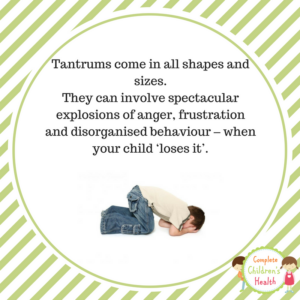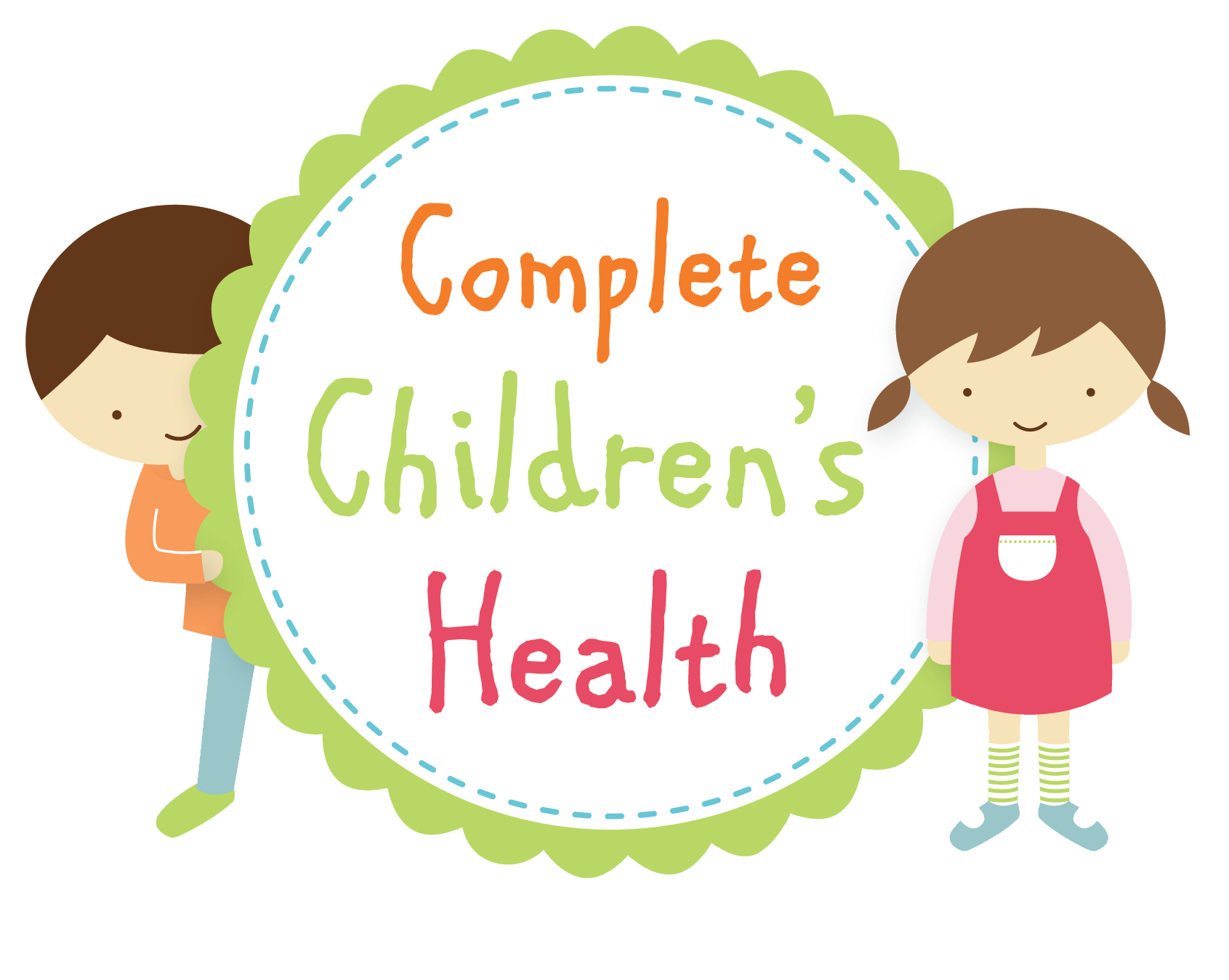First of all, relax as tantrums are very common in children aged 1-3 years. It is often a sign of frustration as their social and emotional skills have just started to develop. Children don’t have the words to express how they are feeling and their emotions. So how can you handle them? 
Instead of responding to your child’s behaviour, instead, think about their feelings. Understand that your child’s behaviour (yelling, screaming, for example.) is driven by feelings. Recognise that all children have powerful emotions, and your child will only learn how to express them properly if you teach them.
Strive to feel what your child is feeling. Children sense empathy and it automatically soothes them. Know that you are helpless. You do not have control over your child’s emotions. But emotions come in waves, and they always pass. You may have to wait it out.
Physically get down on your child’s level if you can. If they will allow you to touch them in a soothing way, do so. Name what you see your child is feeling, using age-appropriate words. Include a why if you can. “I understand you’re frustrated because I won’t let you ride in the cart. I know you want to ride in the cart really badly.”
Talk in a soothing voice.
Emotions come in waves that naturally peak and then die down. Ride out the peak with your child, and when it abates, talk your child through the feelings she was having and why. Explain what your child can do next time she has this feeling: for example, they can use words to express his feelings, hit a pillow, do jumping jacks, or ask you for help.
We can help with behavioural issues if you feel your child’s tantrums are more extreme and frequent as this can be a sign of other underlying issues
For further reading:
http://raisingchildren.net.au/articles/temper_tantrums.html


